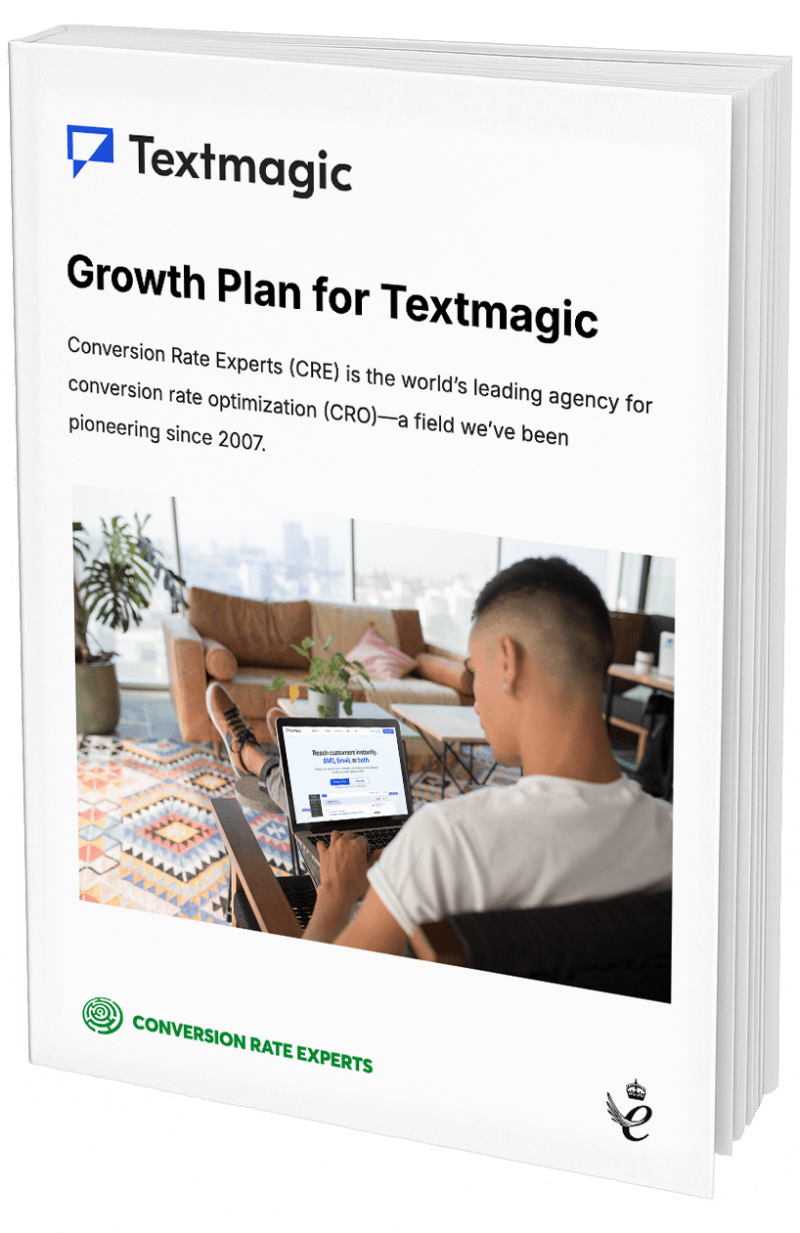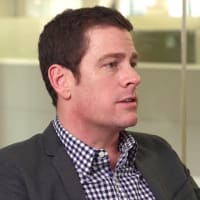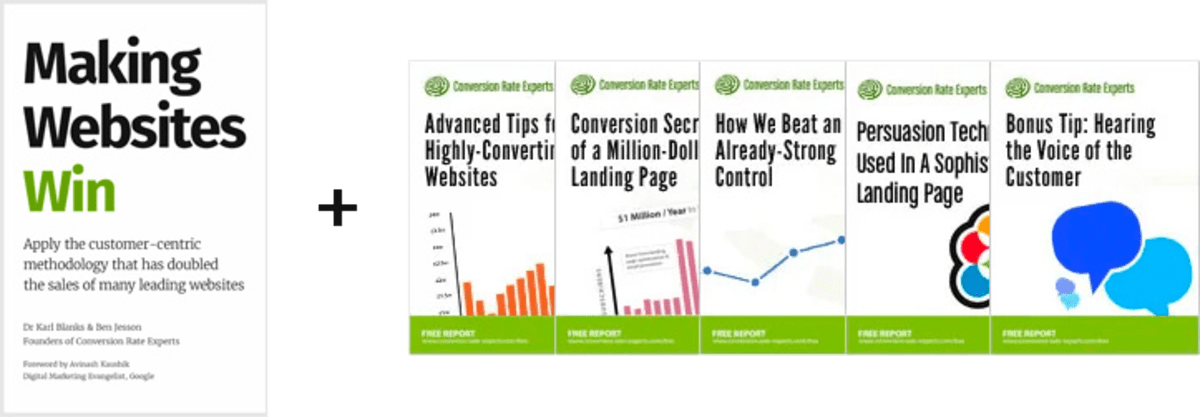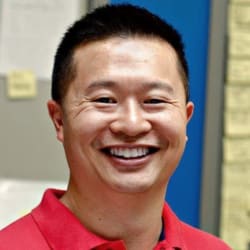The Infinite Manager: Everyday examples that lead to “Genchi Genbutsu breakthroughs” in productivity
(By the way, to get articles like this free in your inbox, subscribe to our newsletter.)
We also provided a checklist of the six obstacles that stop people (including us) from going to the real place.
But we realized the article was incomplete. Sure, sometimes we apply Genchi Genbutsu by going through that checklist of obstacles, overcoming each one. But more often we apply it because a situation reminds us of a previous time when Genchi Genbutsu came in useful. Or because a situation reminds us of a past disaster that could have been avoided with Genchi Genbutsu.
Because such stories are so useful, we asked our team members to describe the stories, mnemonics, and heuristics that remind them to carry out Genchi Genbutsu. We hope you find them as useful as we do.
Our Genchi Genbutsu stories, mnemonics, and heuristics
“Sometimes, I need to work out the Genchi Genbutsu approach only once, and then I turn it into a repeatable flow. For example, in the early days of Conversion Rate Experts, we had to work out how to gather user feedback—to find out exactly what visitors were thinking and why they didn’t convert. We latched onto user-testing as a way to get real-world feedback quickly, and we have continued using it ever since. We do loads of user-tests. We user-test so much, those around us must think we have no confidence in our ability to get things right first time (which is partly true, because no one can do hard things right first time without lots of feedback).”
We often find ourselves saying, “Race to the end” as a way to remind us to do a rough-and-ready first pass, rather than to start optimizing prematurely. The purpose of the first pass is not to succeed; it’s to gather information, as the following examples demonstrate:
“When I’m in a hotel buffet, I do what I jokingly call my ‘scouting mission,’ which is to look at all the food available before I start making decisions. I carry out scouting missions in other situations, like when I arrive at an expo with limited time.”
“Whenever I’m waiting at the back of a long line, I remind myself to ‘always walk the length of the line, to see the bottleneck.’ It’s amazing how often I learn something useful. On vacation in Majorca, we were at the back of a long line to get into a water park. I walked along the line, to the admissions desk, and discovered that that line was only for people with wristbands who had already paid! People who didn’t already have wristbands could just pay and walk right in, with no waiting. I also apply that technique—walk the length of the line, to see the bottleneck—to workflows.”
“When I was at university, I had to photocopy a lot of scientific papers, all of which were bound in volumes in the library. Each volume was the size of a large encyclopedia. The photocopier was on the other side of the building. I’d gather, say, 20 volumes on a trolley, wheel it to the photocopier, and then, always, something would go wrong. I was amazed at how many different things could go wrong: sometimes there was a line of people waiting at the photocopier; sometimes the photocopier was out of toner; sometimes the photocopier had broken; sometimes the photocopier was being repaired; sometimes we had run out of paper; and sometimes I had run out of time to do all the photocopying I needed. On one occasion, the photocopier wasn’t even there! After many failed visits, I got into the seemingly wasteful habit of doing a single photocopy first before starting to load up on papers. Genchi Genbutsu is hard to do, because to an optimist, it always feels wasteful. An optimist expects that everything will work out fine first time.”
“I like the phrase ‘build one to throw away’ as a reminder that it’s often wise to create a throwaway ‘first pass’ version of something before doing it all. We talked about doing that with our book Making Websites Win—to create a dummy book about a random topic first. But I figured we didn’t have time to do that. It turned out we’d have saved months by doing it.”
Often, going to the real place involves looking like an idiot:
“Years ago, I asked an airline flight attendant to critique our full-page magazine ads for world phones. Her suggestions were so useful, I came away delighted that I had such a good ad, and disappointed that it hadn’t been written by me! After a while, I realized that good marketers are people who (i) always gather feedback, and (ii) have carried out so many user-tests, they have developed an intuition to anticipate and preempt the problems that will arise.”
“I took the press release for our first Queen’s Award into the offices of our local newspaper and asked if I could speak with one of their journalists. I asked her to critique the press release (which had been written by a PR agency we had hired). She said it was garbage. She preferred the version I had written—which she then edited for me, greatly improving it. We were one of only a few awards winners that year to get mentioned in the Financial Times’ writeup about the awards.”
“When I worked as a scientist for a company that made drywall boards, I sat in a boardroom meeting for an hour hearing about a terrible problem the company was experiencing. The team told me how they were having to trash everything that was coming off the production line, because the glass-fiber mesh on the edges of the boards was folding over the mesh on the flat faces. They asked me how it could be happening. I had no idea; it sounded impossible. When the meeting ended, I asked to see the production line. It turned out they had misdescribed the problem. And the fix was so obvious, solving it was a no-brainer. I solved the problem just by taking everyone to the real place.”
“Also as a scientist, I learned there was a huge benefit from being the first person to see the raw data—or to see the data once it had been organized into a new, better format. Sometimes the real place is in the raw data. For that reason, I’m now always eager to read hundreds of survey responses or live chat transcripts.”
“When we first moved into our office—before it had any furniture—we bought some chairs and tiny, laptop-sized Ikea tables. We worked on them for several weeks, moving them around to find out where was best. Were some areas too hot? Were some areas impractical? We discovered a lot—including that one part of the floor was too sloped for a chair with wheels(!), and that we much preferred facing each other rather than facing a wall. Also, we preferred being near the big window. The word we use a lot is “editable”. The office layout was editable. I recently saw the movie The Founder about Ray Kroc, the creator of McDonald’s restaurants. The movie has a great scene in which Kroc and his colleagues are on a basketball court, iteratively designing the layout of the McDonald’s kitchen using chalk. These days, I go to great lengths to find ways to ensure I’m working in a medium that’s easy to edit. In fact, one of the goals for Conversion Rate Experts is to make everything about the company editable, so improvements can be implemented in two minutes, not two months.”
“Everyone thought I was nuts, as a company founder, to get so involved with our website’s CSS. They thought I should have just delegated it. But I sensed that CSS was the root cause of many of the problems with our website—and with our clients’ websites. So I took a course on CSS, and then spent two days with our developer going through hundreds of lines of CSS code. I asked what each line did, and we deleted everything that wasn’t essential. The process was overwhelming for me—I was working in a language I barely understood. But those two days resulted in many breakthroughs for CRE, and for our clients. It also taught me enough to be able to spot great developers, which has since helped immensely with our hiring.”
“When we hire, we ask the applicants to carry out real-life tests (for which we pay them). We learn much more from watching the applicants write sales copy or program than we do from any other stage in the interview process. It surprises me how much I learn even when the test is for a discipline I’m not an expert in. Now, I have faith that I’ll always learn a lot when I immerse myself in the real place, even if I don’t understand most of what’s happening.”
“I think it’s important not to mind looking like an idiot: Before I buy a stereo, I play it in the store as loud as I’d ever play it at home (because only when a stereo is played loud does it show its limitations). Before I buy a bed, I lie in it in the store for at least five minutes (and next time I’ll buy one that comes with a try-at-home guarantee). When I recently bought a sofa, I sat in it for about 20 minutes in the store (I fell asleep).”
“With every article I write, I get at least one person—often two or more—to read it out loud. When I hear them hesitate or stumble on a word, I always rewrite the sentence to overcome the speedbump. I use the same process for everything else I create, keeping alert to signs that the user is hesitating or stumbling.”
Genchi Genbutsu stories and heuristics from famous people
The following list contains inspiring Genchi Genbutsu stories from others:
“The short book Obvious Adams is full of Genchi Genbutsu stories. I’ve read it about five times. The first time I read it, I found it profound. Now I find it obvious—which I think means I’ve internalized it.”
“Lee Ioccoca, CEO of Chrysler, asked his head of engineering how long it would take to make a prototype convertible car. The engineer told him three years. Iacocca told the engineer to immediately take a car off the line and cut the roof off. Iacocca then drove the topless sedan around the block, asking people for their opinions. Less than an hour later, he had gathered enough feedback to be convinced that the car would be a success—and he turned out to be right.”
“When Airbnb acquired HotelTonight for $465 million, its CEO Brian Chesky reportedly spent two weeks booking different HotelTonight properties and then living in them. The press and tech world were impressed by that. But I think it’s ridiculously obvious. Can you imagine buying a company for $465 million and thinking you’re too busy to use the company beforehand? That the story was newsworthy reveals how little-used Genchi Genbutsu is, and how it’s a superpower for those who do use it.”
“Google’s Tom Chi gave a great talk about “Rapid prototyping Google Glass,” which contains many lessons that apply to conversion—and to making anything that works. His talk “Rapid Prototyping & Product Management” is also worth watching.”
“When the McDonald’s tycoon Ray Kroc retired, he continued to work as what he called ‘the company’s marketing eyes.’ He’d spend his days sitting in McDonald’s restaurants, watching what was happening, and reporting his observations back to the board.”
“The UK supermarket chain Tesco had a CEO, Terry Leahy, who reportedly spent his first six months doing nothing but visiting stores, watching what was happening, and speaking with the staff. Leahy then led Tesco through a period of record-breaking growth.”
We’d love to hear your Genchi Genbutsu stories and heuristics. Please let us know, and we’ll add our favorites to this page.
How much did you like this article?
What’s your goal today?
1. Hire us to grow your company
We’ve generated hundreds of millions for our clients, using our unique CRE Methodology™. To discover how we can help grow your business:
- Read our case studies, client success stories, and video testimonials.
- Learn about us, and our unique values, beliefs and quirks.
- Visit our “Services” page to see the process by which we assess whether we’re a good fit for each other.
- Schedule your FREE website strategy session with one of our renowned experts.
Schedule your FREE strategy session
2. Learn how to do conversion
Download a free copy of our Amazon #1 best-selling book, Making Websites Win, recommended by Google, Facebook, Microsoft, Moz, Econsultancy, and many more industry leaders. You’ll also be subscribed to our email newsletter and notified whenever we publish new articles or have something interesting to share.
Browse hundreds of articles, containing an amazing number of useful tools and techniques. Many readers tell us they have doubled their sales by following the advice in these articles.
Download a free copy of our best-selling book
3. Join our team
If you want to join our team—or discover why our team members love working with us—then see our “Careers” page.
4. Contact us
We help businesses worldwide, so get in touch!
© 2026 Conversion Rate Experts Limited. All rights reserved.
A Brandwidth Group Company.
















